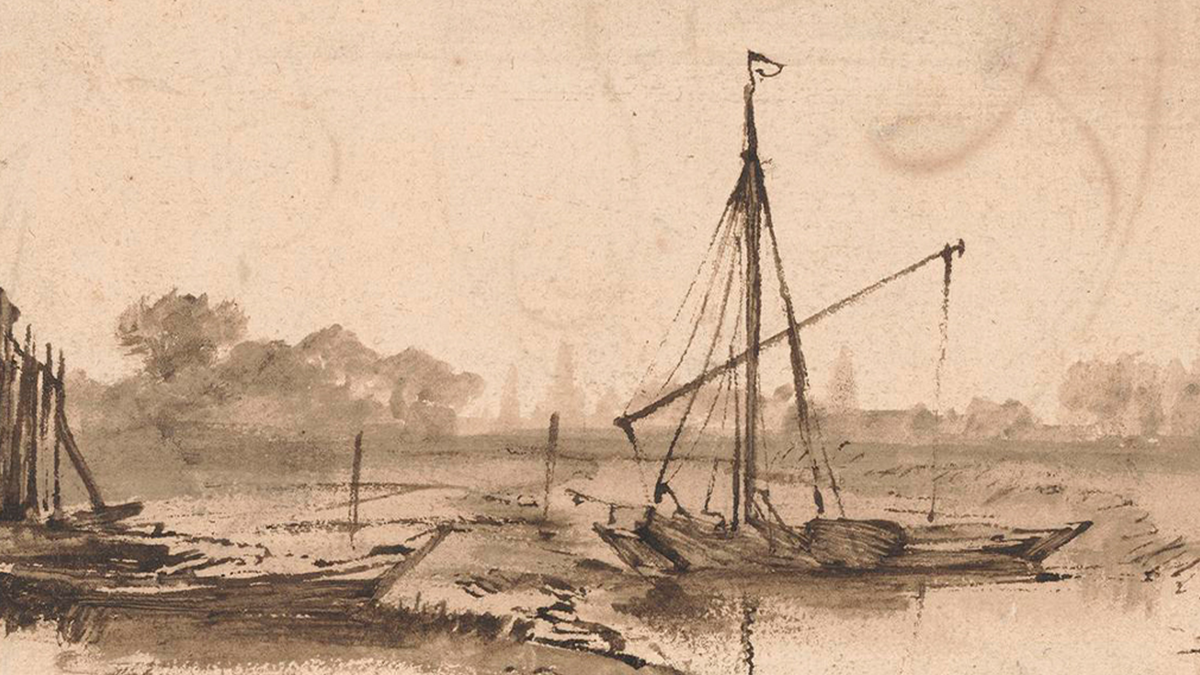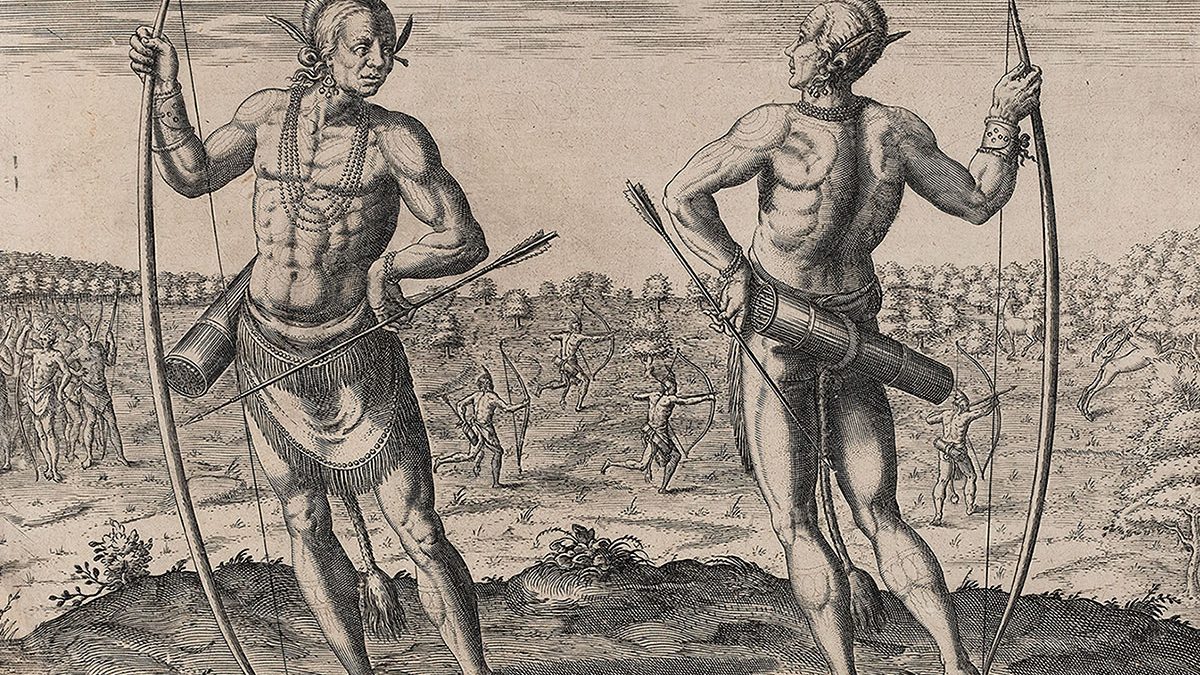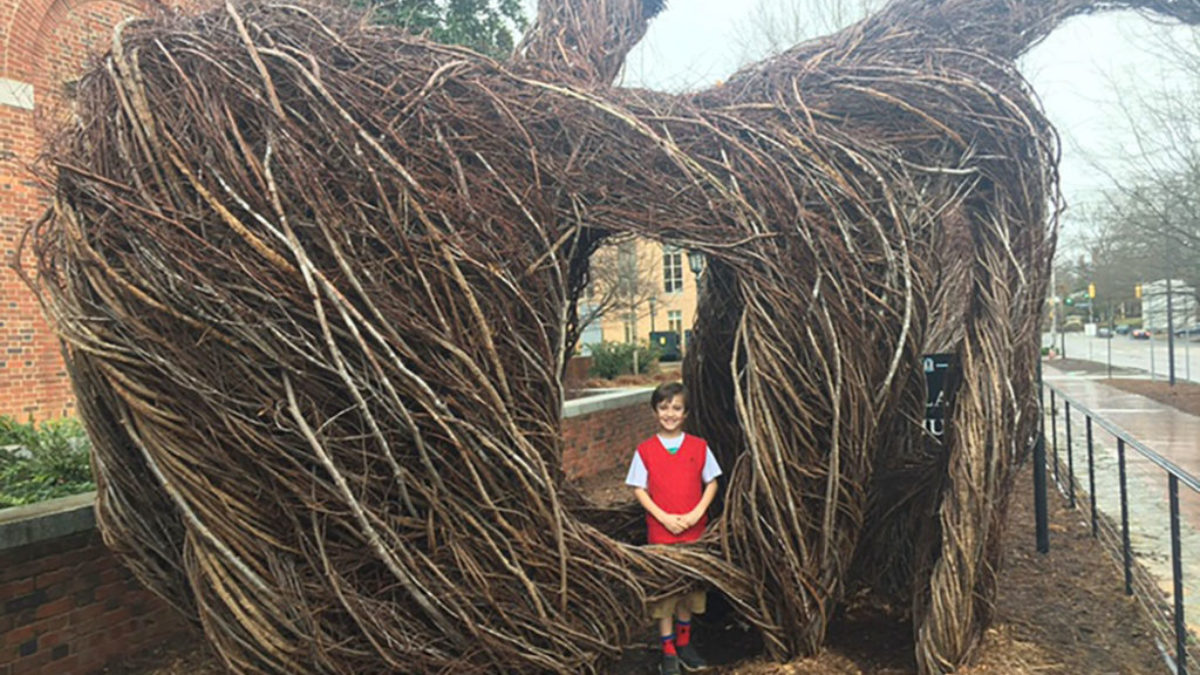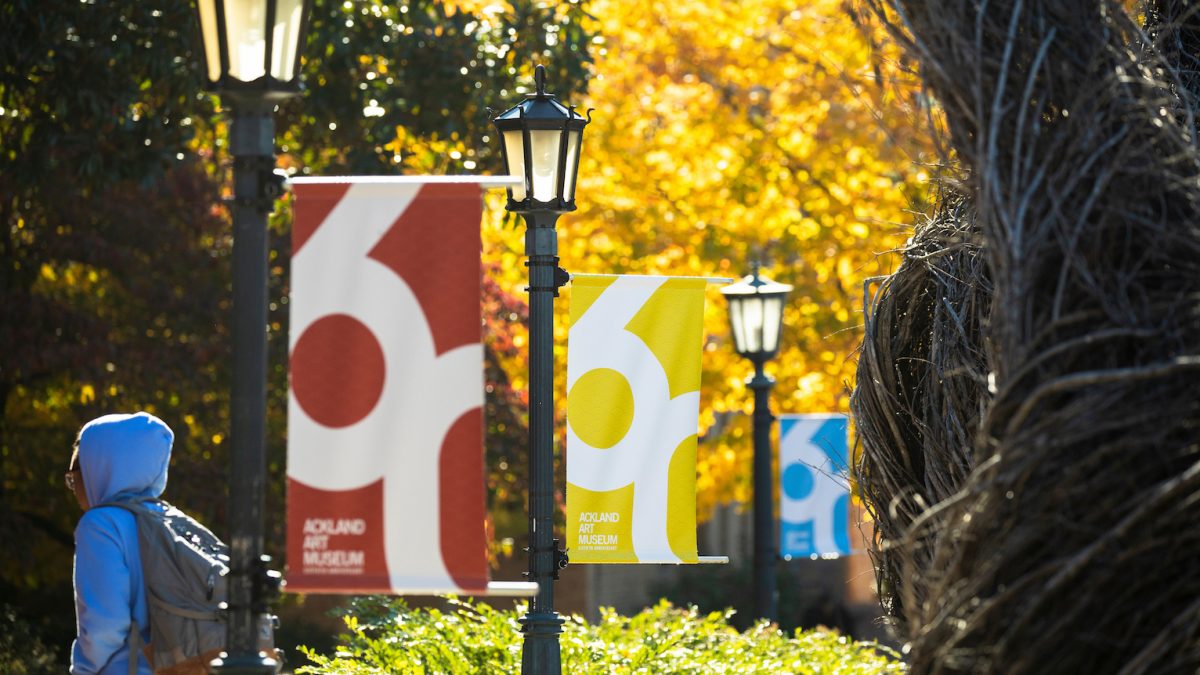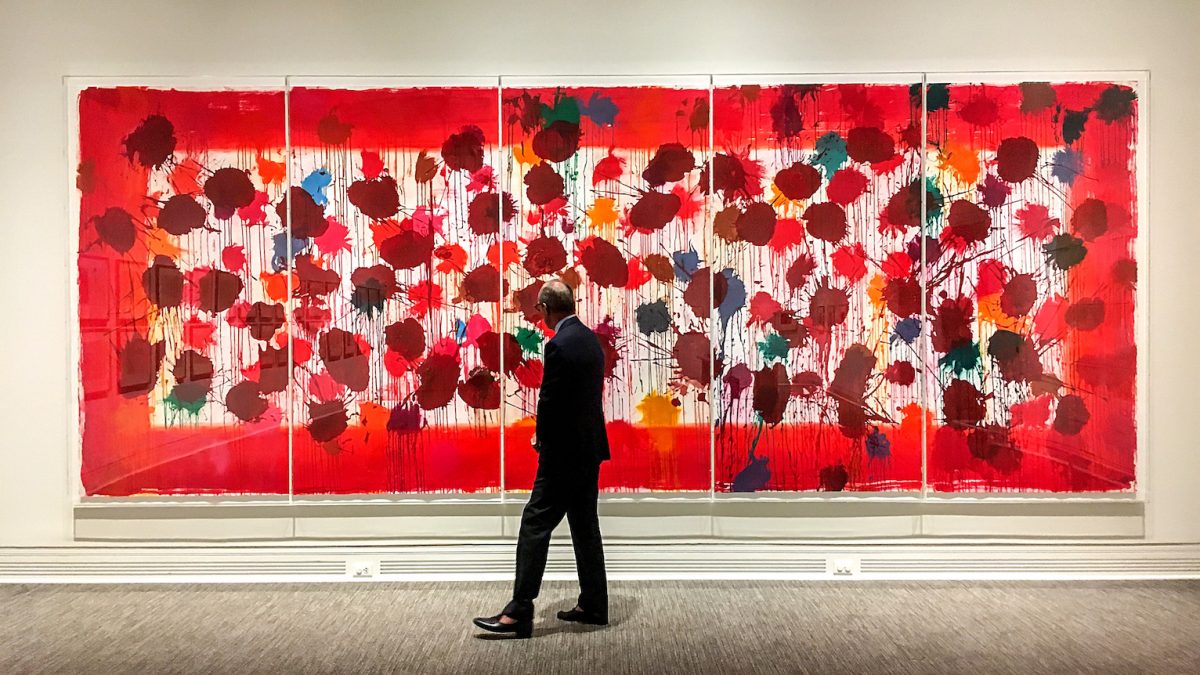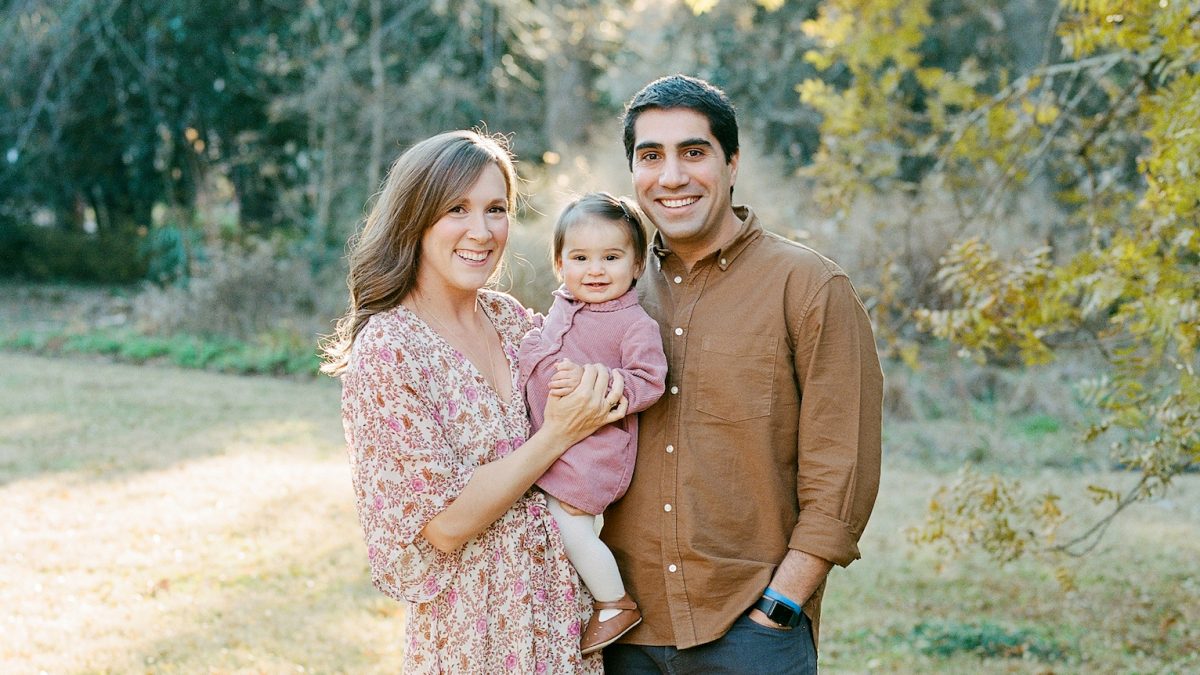Art Changes Everything
"No student had ever been so close to such powerful and old works before; to see their excitement and scholarship is priceless.”
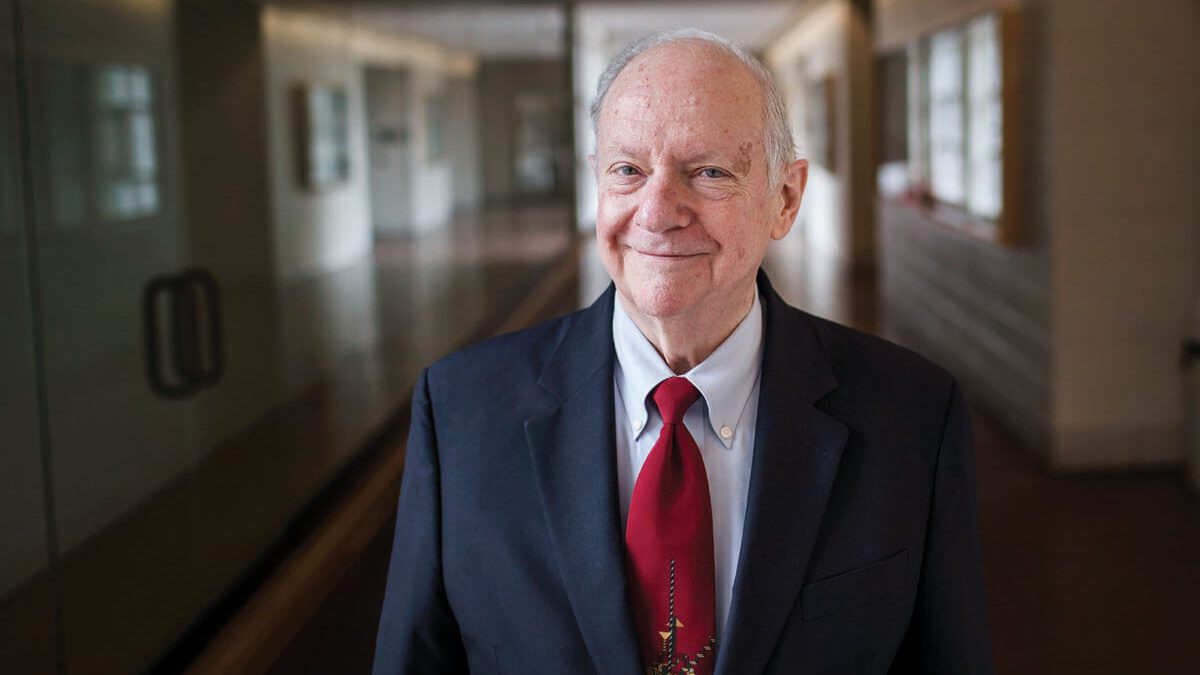
"No student had ever been so close to such powerful and old works before; to see their excitement and scholarship is priceless.”
When Carolina alumnus Sheldon Peck and his wife, Leena, gave a rare collection of 17th-century European masterworks — including seven Rembrandts — to the Ackland Art Museum, it became the nation’s first public university art museum to own a collection of Rembrandt drawings and one of only two universities to do so.
The gift further established the Ackland as a premier destination for art collectors, lovers and scholars, and punctuated the University’s momentum ahead of the public launch of For All Kind: the Campaign for Carolina — Carolina’s most ambitious fundraising drive ever.
The Pecks’ gift also included the Peck Collection Endowment Fund and the Sheldon Peck Curatorship Fund, dedicated to the care and enhancement of the collection, as well as funds to acquire other European and American masterworks created before 1950.
The endowment also helped create the Ackland’s first endowed position, the Sheldon Peck Curator of European and American Art and Curator of the Peck Collection.
For the Pecks, the gift was more about sharing the pleasure and awe these works inspire, especially with Carolina’s students.
That’s precisely why Tatiana String, Associate Professor of Renaissance Art History in UNC’s Department of Art and Art History, refocused her research seminar, “The Art of Drawing in the 17th Century,” to a study of the Peck Collection.
“When the Peck gift was announced, I was thrilled and moved,” String said. “I focused my course on it immediately; what an amazing opportunity to expose my students to truly great and poignant art.”
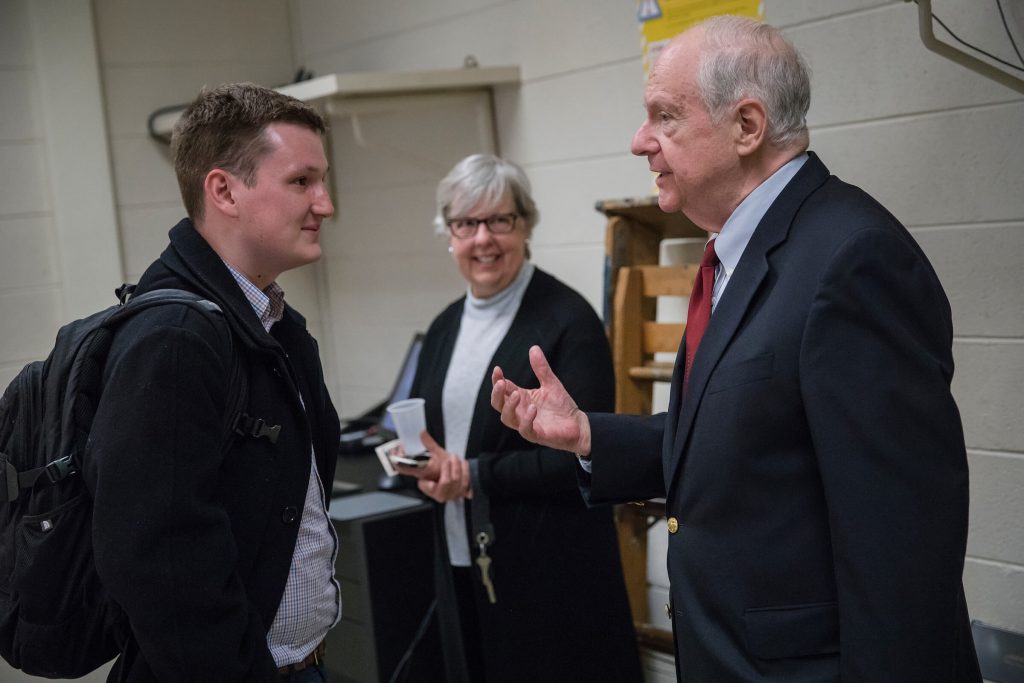
Jeremy Howell ’18, Professor Tatiana String and Dr. Sheldon Peck following presentations in the research seminar “The Art of Drawing in the 17th Century.”
The class used Ackland’s study galleries for their work — designated spaces where students and faculty can closely examine select pieces for scholarship. String’s students had direct access to the genuine artifacts, unhindered by barriers or reproductions.
“Normally we would be looking at digital images in the classroom, which are removed from the original piece,” String said in a recent videoOpens in new window on UNC-TV’s North Carolina Weekend program featuring the Ackland. “Here our undergraduates are working with original material, studying the hand of an artist to whom books and exhibitions have been dedicated. [It’s] an opportunity for my students to have their own voice and use their own eyes.”
Sheldon Peck, an expert on every work, witnessed the collection’s impact firsthand when he visited String’s class on Nov. 14 to hear their presentations. “These students have done remarkable work, and seeing these pieces through their eyes makes them even more special to me,” Peck said. “I’m glad to see these Dutch masters’ drawings still have the power to surprise and delight 400 years after their creation, and equally thrilled that Professor String has incorporated these works into her curriculum.”
Jeremy Howell ’18, who also appeared in the North Carolina Weekend segment, examined “Study of a West African woman” and related his experience this way: “To come in and see a Rembrandt out of the glass every day really puts a spring in your step.”
Peck echoed his enthusiasm. “I’m overjoyed to see these students’ reactions to such treasures. No student had ever been so close to such powerful and old works before; to see their excitement and scholarship is priceless.”
Peck began collecting art at the urging of his brother, who set a high standard for quality and authenticity. “We certainly began modestly, focusing on drawings because they gave a clearer picture into the artist’s mind and life at the time.” He has donated art to the Ackland since 1988 and served on its national advisory board since 1987.
A Durham, North Carolina, native, Peck earned bachelor’s and D.D.S. degrees from UNC in 1963 and 1966, respectively, and a master’s degree from Boston University in 1968. He completed an orthodontic residency in Boston, then entered private practice and academics. Peck spent 20 years as a clinical professor of developmental biology at the Harvard University School of Dental Medicine and served as an adjunct professor of orthodontics at Carolina’s School of Dentistry.
This is story number 71 in the Carolina Stories 225th Anniversary Edition magazine.
